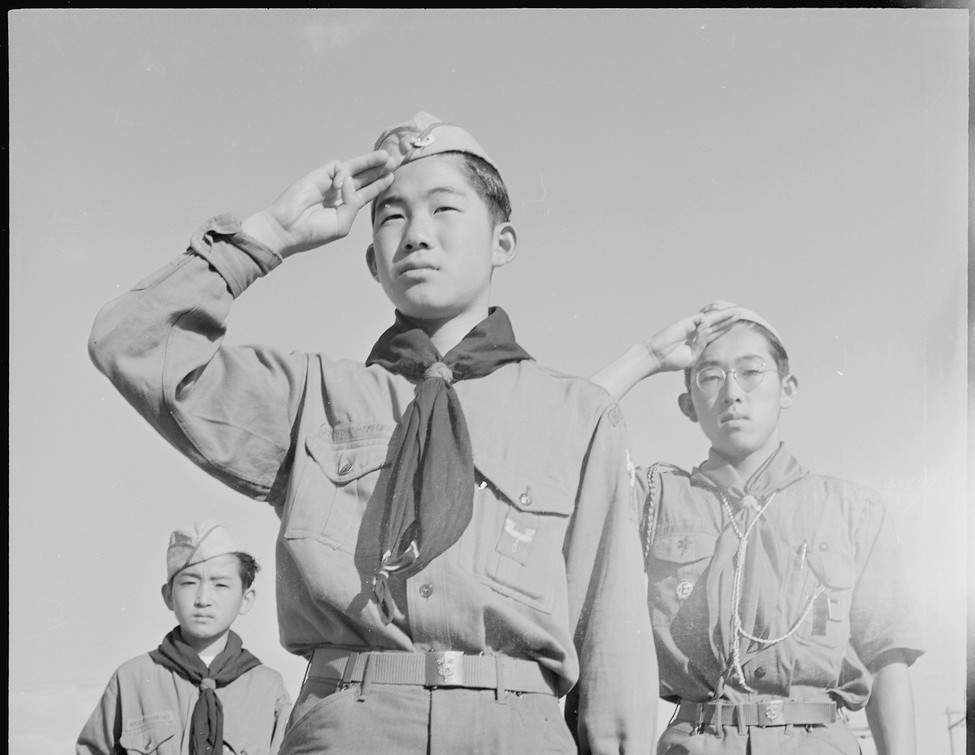August 28, 2025
In recent weeks, the Smithsonian museums have come under political review and critique. Some of the nation’s most visible historical institutions are being pressured to change how U.S. history is presented, including which stories are told and how they are framed.
This matters. When governments attempt to rewrite or suppress history, democracy itself is at risk. We have seen this before. During World War II, Japanese Americans were forcibly removed from their homes and incarcerated in camps across the country. Officials described these actions as “military necessity,” creating a narrative that silenced voices of opposition as well as those who were harmed. It took decades of testimony, advocacy, and documentation to restore the truth.
What’s happening at the Smithsonian is not just about museums. It is part of a larger attempt to dictate how Americans understand their past. Schools, libraries, and archives are also under pressure to present a sanitized version of history that minimizes the painful realities of racism, exclusion, and injustice. But erasing injustices from history doesn’t eradicate their impacts on the present, nor does it protect us from them. It only makes us vulnerable to their return in new forms.
In this climate, independent and community archives like Densho become more than repositories, they are safeguards for democracy itself. They ensure that the record remains intact, that critical voices are not buried, and that the lessons of history are not warped by political ideology. For nearly thirty years, Densho’s digital archive has remained independent, community-built, and freely available to all. Our responsibility—more important now than ever—is to ensure that these histories remain accessible, accurate, and enduring. History can be attacked, and even silenced for a time. But when communities unite to protect memory, it cannot be erased.
—
By Naomi Ostwald Kawamura, Densho Executive Director
